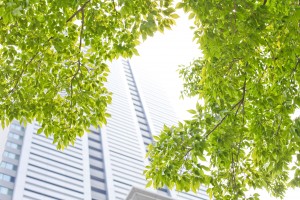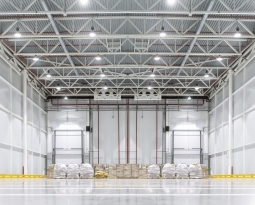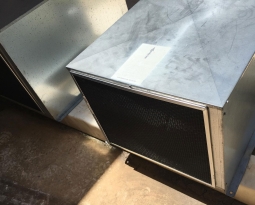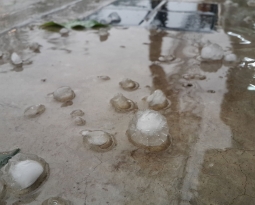 Whether it’s for the environment or your wallet, reducing the amount of energy you spend can make a big difference in the long term. On average, 50% of a commercial building’s energy costs comes from the HVAC system, and nearly 30% of these costs can be attributed to air filtration. Sometimes a simple change can make a big difference, and using a high-quality air filter is an easy and effective way to save big on energy-related expenditure.
Whether it’s for the environment or your wallet, reducing the amount of energy you spend can make a big difference in the long term. On average, 50% of a commercial building’s energy costs comes from the HVAC system, and nearly 30% of these costs can be attributed to air filtration. Sometimes a simple change can make a big difference, and using a high-quality air filter is an easy and effective way to save big on energy-related expenditure.
How it works
Why is energy required to send air through an air filter? The simple explanation is that the filter creates resistance against the air that flows through it. The resulting drop in air pressure means that the fan has to work a little harder to push the air through the system. With an old or badly designed filter, accumulated dust and other particles create more blockage and thus, the fan needs to run at higher speeds to push the air through it. Using a high-quality air filter allows the fan to function at lower speeds and thereby, consume less energy over its operational life.
Benefits of using less energy
Obviously, reducing energy consumption is an environmentally responsible decision as less fossil fuel is needed to run your home or business. But another environmental benefit is reduced CO2 emissions. Energy needs fuel to create, and it often comes in the form of fossil fuel. The more energy you save, the less fossil fuel you take out of the earth.
The economic benefits are huge as well. Overall, American individuals and businesses save over $500 billion per year with energy efficiency measures like air filters. The savings are immediate and apparent. Studies have shown that if you lower the pressure drop in an air conditioning unit by just one Pascal, you’ll be saving nearly $3 per year. Replacing all of your filters could save your company thousands of dollars a year.
Purchase price versus ownership cost
Needless to say, a higher quality air filter is going to be more expensive than a low-quality one. However, the higher initial investment is nothing compared to the savings a company can reap down the road. Depending on the system, only 15% of the total cost of filtration is spent on the initial purchase of the filter while 70% is spent on energy consumption. It makes sense to look beyond purchase price and consider the long-term operating cost of your air filter.
It’s a smart decision to replace old and low-quality filters with state-of-the-art air filters designed to reduce energy usage. It not only helps out the environment, but also makes a big difference financially.
References:
The Cost of Clean Air. (n.d.). Retrieved from http://www.camfil.com/Filter-technology/Energy-Savings/The-cost-of-clean-air/?id=340
Energy Efficient. (n.d.) Retrieved from http://www.vokesair.com/applications/clean-air/energy-efficient
Top 5 Reasons to be Energy Efficient. (07/20/2012). Retrieved from http://www.ase.org/resources/top-5-reasons-be-energy-efficient







